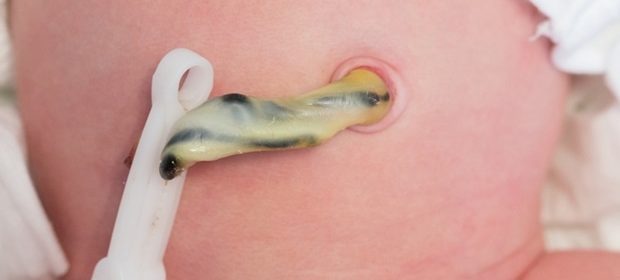retin a for eyes

https://aboriginalhealth.net/top/grapefruit-and-coumadin/
Down syndrome or Down's syndrome is an incurable genetic disorder that is mainly diagnosed after birth. However, mothers can also undergo antenatal screening to help predict how likely it is that their baby will be born with the condition.
Several standard non-invasive pre-natal tests for Down's syndrome are recommended and these are often combined in order to increase the accuracy of testing. However, none are definitive tests and only amniocentesis, chorionic villus sampling (CVS) or percutaneous umbilical cord blood sampling (PUBS) can confirm a diagnosis.
According to guidelines form the American Congress of Obstetricians and Gynecologists, both non-invasive tests such as ultrasonography and invasive tests such as amniocentesis, CVS and PUBS should be offered to all women, regardless of their age. However, the invasive tests are usually only offered if the maternal age is over 34 years at the time of conception or if the non-invasive tests reveal a risk of Down's syndrome. This is because both amniocentesis and CVS carry a small risk (0.5 to 1%) of causing fetal damage, bleeding or miscarriage.
For women who would like to be screened during pregnancy, these tests are usually taken in the late part of the first trimester or early part of the second trimester.
The non-invasive screening procedures for Down's syndrome that are available to pregnant women are listed in the box below.
| Test | Time of Testing | Description |
|---|---|---|
| Combined test | 10 to 14 weeks of pregnancy | Ultrasonography is used to measure nuchal translucency and the mother's blood is tested for free beta human chorionic gonadotropin (hCG) and PAPP-A (pregnancy-associated plasma protein A) |
| Quad screen | 15 to 20 weeks of pregnancy | For this test, four parameters are measured in the mother: Alpha fetoprotein (a fetal liver protein) Estriol hCG Inhibin-alpha |
| Integrated test | 15 to 20 weeks of pregnancy | This combines the quad screen with PAPP-A and nuchal translucency. |
Screening pregnancies for the presence of Down's syndrome helps parents in more than one way. Firstly, if the results are normal, parents can enjoy the rest of the pregnancy feeling reassured that their baby will be born healthy. Secondly, if the results confirm a diagnosis of Down's syndrome, parents can begin to prepare for looking after a baby that will have additional needs. Some parents who receive a positive diagnosis may also consider the possibility of a termination.
Sources
- http://www.nhs.uk/conditions/Downs-syndrome/Pages/Introduction.aspx
- http://www.kcdsg.org/files/content/About%20Down%20Syndrome.pdf
- www.ndss.org/…/…me%20A%20Health%20and%20Well-Being%20Guidebook.pdf
- www.cdph.ca.gov/programs/CBDMP/Documents/MO-CBDMP-DownSyndrome.pdf
- http://www.nbdpn.org/docs/DS_Eng.pdf
- http://www.dsmig.org.uk/pdf/downs3.pdf
Further Reading
- All Down Syndrome Content
- Down Syndrome – What is Down Syndrome?
- Down Syndrome Symptoms
- Down Syndrome Complications
- Down Syndrome Management
Last Updated: Feb 26, 2019

Written by
Dr. Ananya Mandal
Dr. Ananya Mandal is a doctor by profession, lecturer by vocation and a medical writer by passion. She specialized in Clinical Pharmacology after her bachelor's (MBBS). For her, health communication is not just writing complicated reviews for professionals but making medical knowledge understandable and available to the general public as well.
Source: Read Full Article